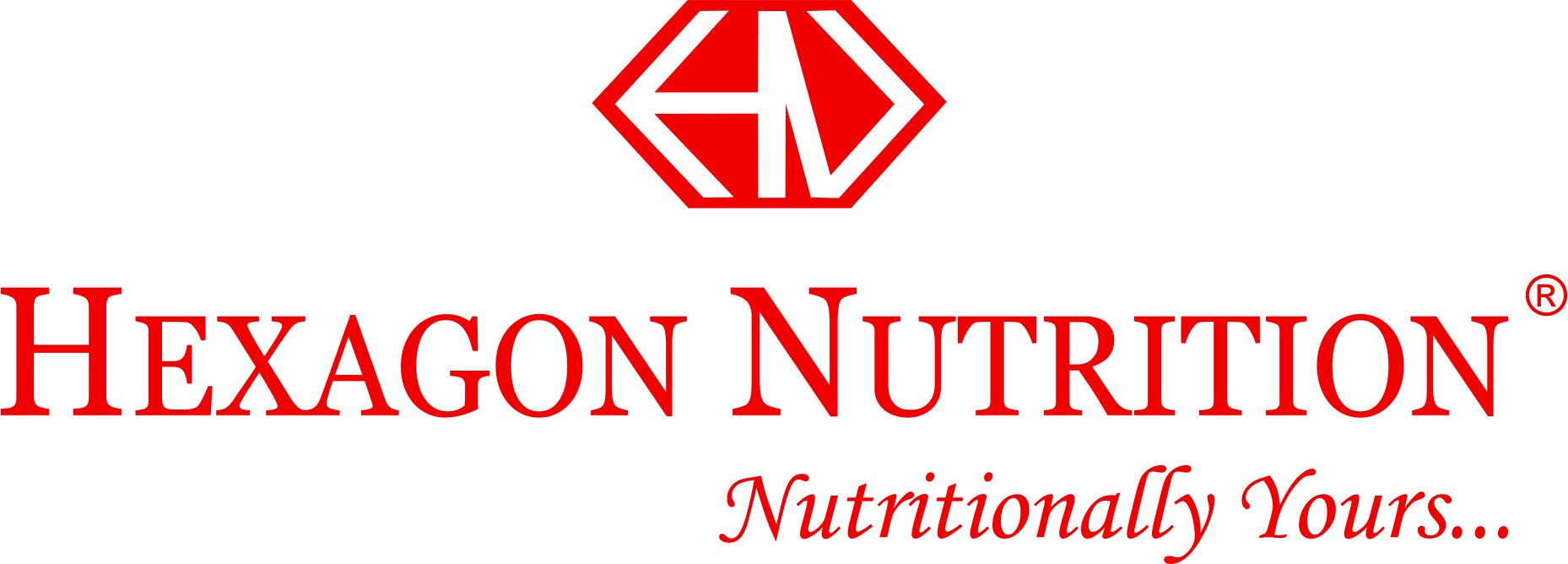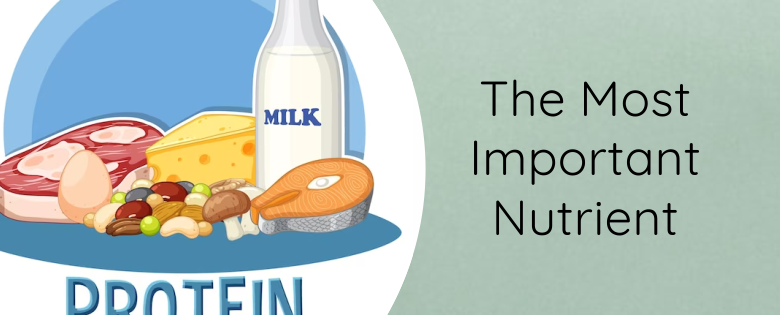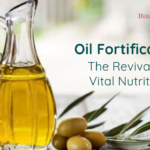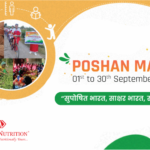Protein- The Most Important Nutrient
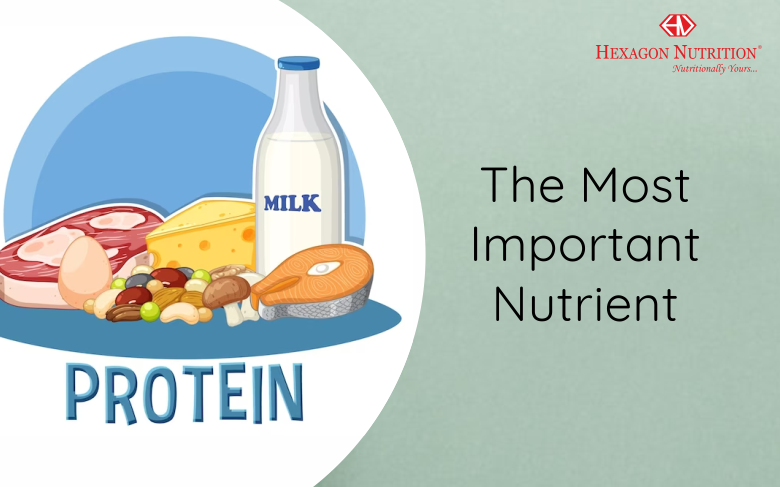
One of the foundational rudiments of good physical health and cognitive function is nutrition. We frequently say that” we are what we choose to eat.” In India, each person consumes around 1.317 kg of food daily, or 2,458 calories, on average. India’s population eats stiff, high- carbohydrate diets. About 70 – 80 percent of their diet comes from this. Due to their overkill in typical diets, proteins which are inversely vital nutrients and are also attained from foods high in carbohydrates. Indians consume only a small quantum of real protein sources including dairy products, animal meat and pulses.
According to a 2019 check by the Indian Market Research Bureau, Indians consume lower than the needed 60g of protein per day at a rate of more than 80%. As you’re surely concerned, protein is pivotal for your health. It keeps your muscles healthy and important and works more effectively against hunger than fats and carbohydrates. But protein offers you further benefits than that. Protein is one of the essential nutrients that the body needs in sufficient situations every day because it’s needed by each and every cell in your body, of course! A healthy diet needs to include protein. The maturity of us is apprehensive of this because we were likely told as children that protein will make us” big and strong.” But first, let’s define proteins.
What Is Protein?
The body comprises protein, which may be set up in nearly every organ, tissue, and body part, including muscle, bone, skin, and hair. It contributes to the product of hemoglobin, which transports oxygen in the blood, and enzymes, which drive multitudinous chemical responses. A mortal body is made up of at least 10,000 distinct proteins, which also keep the body that way. Twenty- plus fundamental building blocks known as amino acids are used to produce protein. Our bodies produce amino acids in two ways since we cannot store them from scrape or by altering being bones. The essential amino acids, also known as histidine, isoleucine, leucine, lysine, methionine, phenylalanine, threonine, tryptophan, and valine, must be attained from the diet.
Why the body requires protein?
Then are five compelling reasons in favor of making sure you consume enough protein each day
- Build: – Protein is an essential element of skin, cartilage, muscles, and bones. In actuality, protein makes up a large portion of your hair and nails.
- Fixing: – It helps your body produce and repair tissues.
- Oxidize: – A protein substance set up in red blood cells transports oxygen throughout the body. This aids in giving your body the nourishment it requires.
- Consume: – Your body uses around half of the salutary protein that you ingest each day to produce enzymes that aid in digestion as well as new cells and other molecules.
- Control: – Protein is key for the regulation of hormones, particularly during puberty when cells are changing and developing.
What amount of Protein does a body need?
Grown-ups should consume at least0.8 grams of protein per kilogram of body weight each day, or little over 7 grams for every 20 pounds of body weight. It’s pivotal to flash back that food insecurity prevents millions of people around the world, especially small children, from getting enough protein. Malnutrition and protein insufficiency have a variety of serious consequences, including suppressed growth, loss of muscle mass, weakened vulnerable systems, heart and respiratory system weakness, and indeed death.
How do high- protein diets impact you?
The Atkins Diet and the Ketogenic Diet, for illustration, call for high protein and fat input while confining carbohydrates. Still, studies suggest that they primarily appear to serve successfully only in the short- term. One explanation could be because numerous find it delicate to maintain this kind of eating strategy for an extended length of time. Pay attention to the diets you try. Concentrating just on protein and fat can help you from carrying all the nutrients you bear, which can have negative side goods. That might affect in weakness, flightiness, headaches, poor breath, and constipation.
Best sources of protein.
Lean beef or pork (in temperance), tofu, eggs, and dairy products are all excellent sources of protein. But you can gain all the protein you bear from sources that are factory- grounded like nuts, seeds, legumes like sap, peas, or lentils, and grains like wheat, rice or maize are some of them, can also mention nutritive health supplements which can be easy and healthy option for the people with busy hectic schedule.
Protein is necessary for survival. It offers the vital amino acids required for the development and upkeep of our cells and tissues. The majority of Europeans consume enough protein to meet their needs, which vary depending on their stage of life. The quality and digestibility of the protein you consume are unimportant because most people eat a range of diets, as long as the total amount of protein consumed satisfies your daily requirements. We should choose protein-rich meals, which not only supply vital amino acids but also help to maintain a balanced and sustainable diet, as we eat foods rather than nutrients. Increasing your protein intake is essential for achieving all of your nutritional goals, regardless of what they may be. Protein is essential for the overall operation of our bodies, whether you want to look better, gain muscle, or simply stay healthy. Last but not least protein is key to a healthy diet.
# Fuel up the morning meal that’s packed with protein for sustained energy throughout the day.
